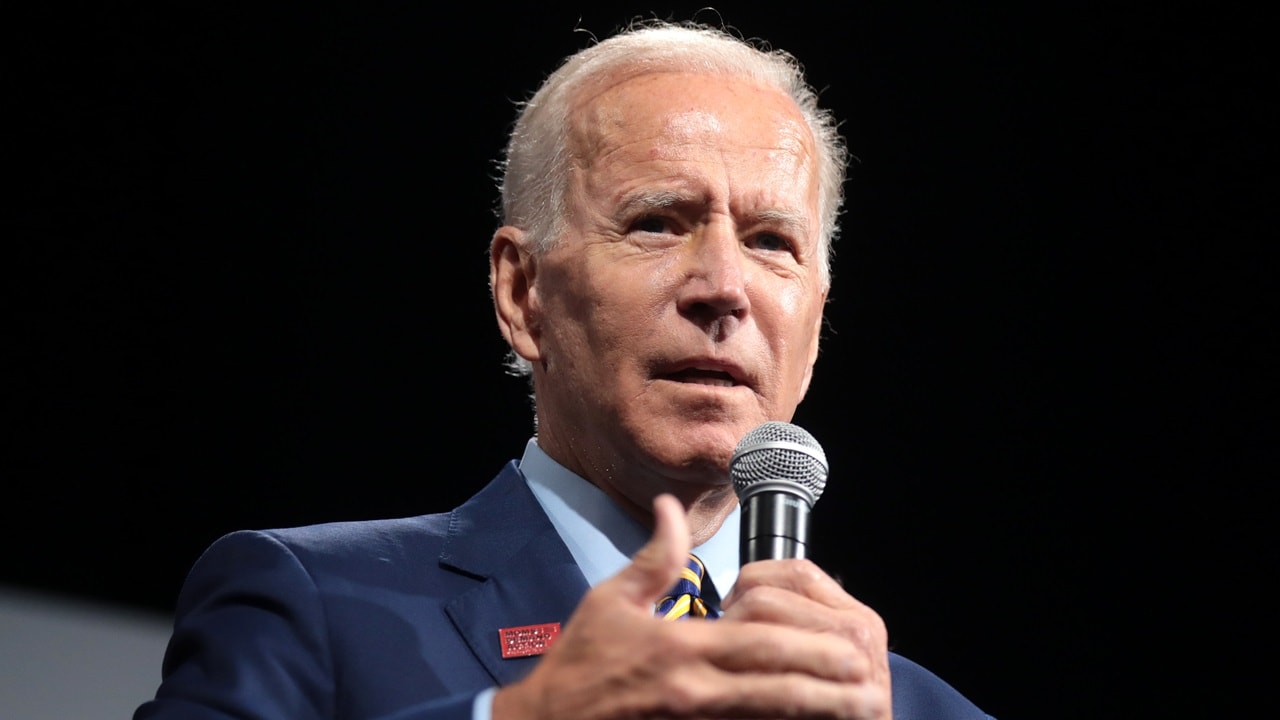The Biden administration reportedly seeks to delay Israel’s ground offensive in the Gaza Strip in order to provide more time to win the release of hostage through negotiation. This is exactly the wrong move to make, and President Biden and his Middle East team have no moral authority to make it.
What is Joe Biden Doing?
First, Biden administration policies and those of President Obama before him enriched Hamas. Biden’s team can argue about whether the $6 billion in funds released by South Korea to Qatar contributed to the latest Gaza attack, but this misses a key point. All payments to Iran backfire.
Not only is money fungible, but the multibillion-dollar ransom for Iranian-American hostages (except for Jamshid “Jimmy” Sharmahd, whom Biden inexplicably left behind) was only the tip of the iceberg of the funds unfrozen or released.
Biden’s campaign rejection of “Maximum Pressure” and its unraveling in the first days of his administration meant a windfall for Iran’s Islamic Revolutionary Guard Corps. The Guards received an additional cash infusion through non-enforcement of oil sanctions, an industry that the Revolutionary Guards’ economic wing dominates. That Deputy National Security Advisor Jon Finer defended assistance to the Gaza Strip even under its Hamas administration without being able to enunciate mechanisms to prevent diversion raises the prospect the White House administration will put political virtue signaling for its Michigan constituency above Jewish lives. It is immoral and inexcusable.
Second, terrorist groups take hostages to buy time. For Hamas, that means more time to divert humanitarian assistance and more time to prepare for an Israeli assault that Hamas likely did not expect when they launched their terror attack. Hezbollah, for example, repeatedly used ceasefires to rearm completely, even under supposed UN monitoring.
Put another way, while Biden and his top national security aides—many of whom come from a diplomatic or academic background—see diplomacy as a tool of conflict resolution, they remain blind to the fact that Iran, Hamas, North Korea, Russia and other rogue actors view diplomacy as an asymmetric warfare strategy.
Where Israel and Biden Diverge
Israeli special units will seek to rescue as many hostages as possible, but Israelis understand what Biden does not: To allow Hamas to survive is to trade 200 hostage lives potentially for thousands more inside Israel. Hamas’ Covenant does not hide its genocidal intent, nor does the Iranian leadership. If Qatar were serious about making right the fact that Hamas planned a terror operation from Doha, they would imprison Hamas leaders, and perhaps then trade their freedom for those of the hostages whose seizure Qatar helped finance.
Lastly, the fight against Hamas and annihilationist terror groups does not conform to any democratic political calendar. For the United States, electoral politics are paramount and color Biden’s moves. No such considerations can dilute Israel’s recognition that the continued existence of Hamas and Hezbollah pose an existential threat.
Biden’s team may fear the Middle East is heading to a wider war, one that will likely also involve Iran but they must acknowledge the impact their own policies have had over the years. For too long, the United States and the West have traded short-term calm for long-term insecurity. Presidents Bill Clinton, George W. Bush, Barack Obama, and even careerists under Donald Trump kicked the can down the road, never recognizing that someday that road would end.
To negotiate over hostages now would reward the hostage takers and allow Qatar to avoid accountability for its ties to Hamas. It would not bring peace or save lives. It is time for Israel to say enough, and stop delaying the inevitable.
About the Author
Now a 19FortyFive Contributing Editor, Dr. Michael Rubin is a Senior Fellow at the American Enterprise Institute (AEI). Dr. Rubin is the author, coauthor, and coeditor of several books exploring diplomacy, Iranian history, Arab culture, Kurdish studies, and Shi’ite politics, including “Seven Pillars: What Really Causes Instability in the Middle East?” (AEI Press, 2019); “Kurdistan Rising” (AEI Press, 2016); “Dancing with the Devil: The Perils of Engaging Rogue Regimes” (Encounter Books, 2014); and “Eternal Iran: Continuity and Chaos” (Palgrave, 2005).

